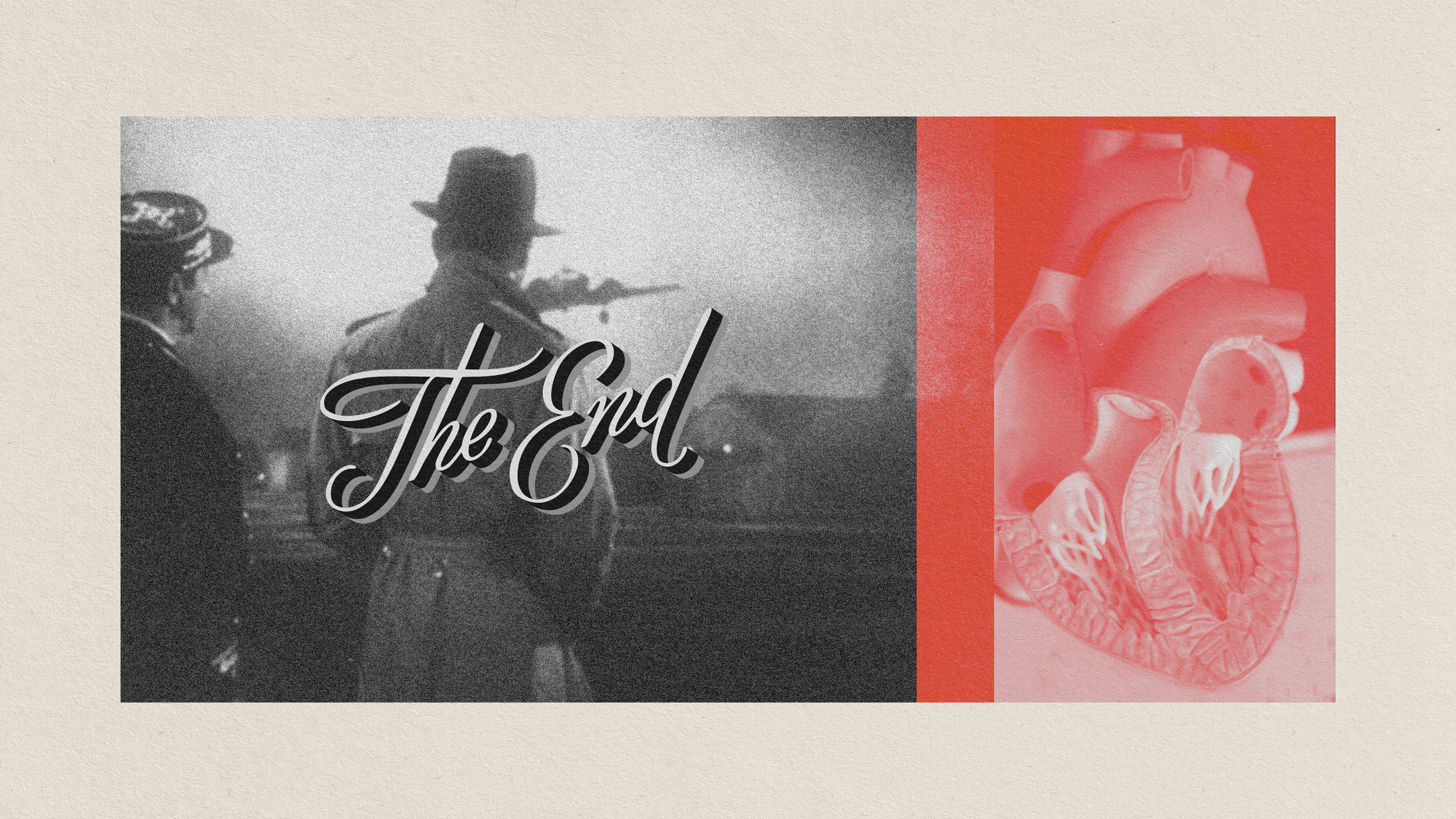Emotional Closure Is a Myth

What’s the Latest Development?
Sociologist Nancy Berns says closure doesn’t exist despite the fact that our culture is saturated with the notion that one can put a permanent end to suffering and grief, perhaps caused by the death of a loved one, and open a new chapter in life free of guilt, anger or sorrow. “Grief is a difficult, messy experience and can be very painful. A lot of people carry loss and grief for much of their lives, but that doesn’t mean that the pain is as intense as it was the first few months. You carry that loss and grief, but you learn how to integrate that into your life.”
What’s the Big Idea?
Berns argues that the popularity of the idea of closure is due to commercial interests like funeral homes directors and wrongful death attorneys who offer the attractive emotional state to their clients. “In fact, while closure is widely considered possible, desirable, and important, she argues, it is not necessarily any of these things. Our reliance on the concept may even do us a disservice. Not only does closure mischaracterize how most people handle grief, but, she suggests, the pressure to achieve it might actually make loss more difficult.”





